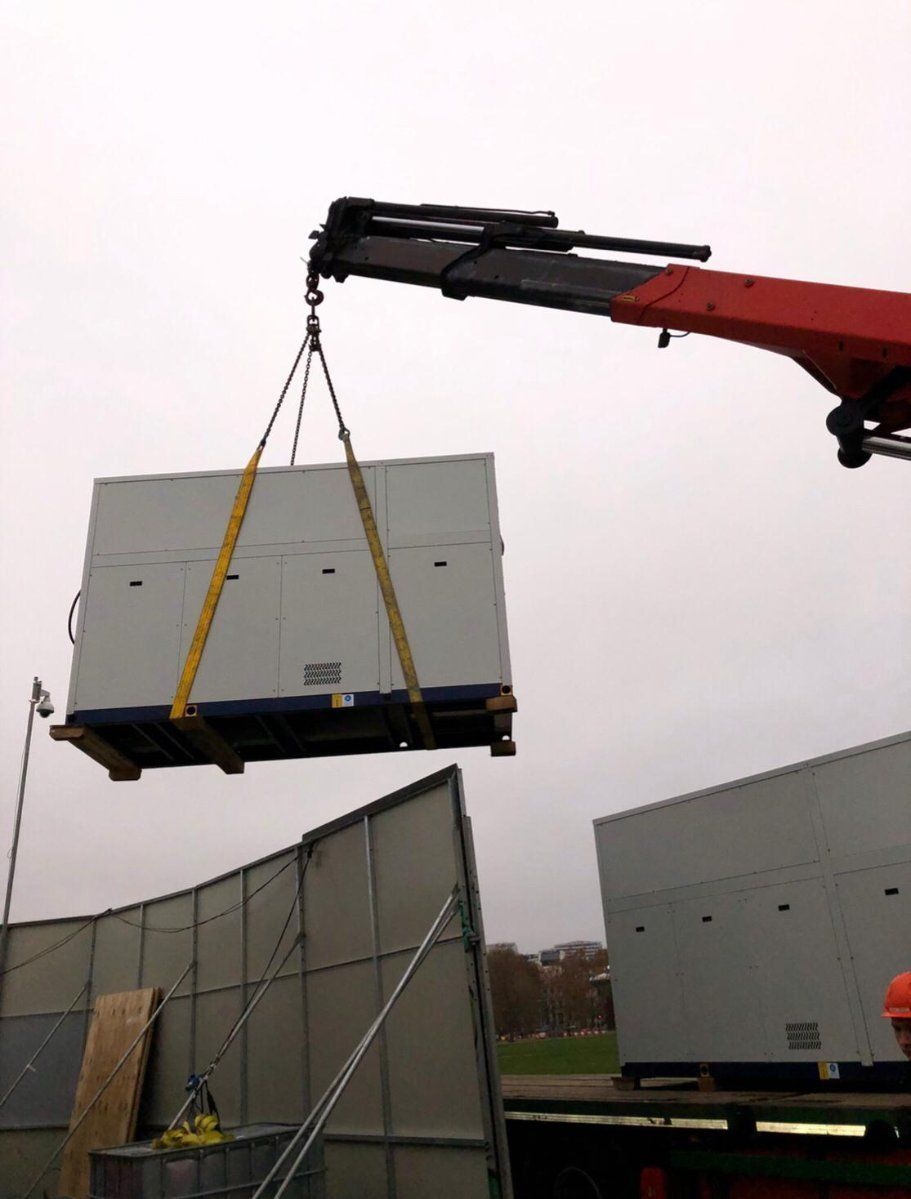Many businesses depend on industrial coolers to run their operation, from food manufacturing industries to logistics providers. The danger of handling products susceptible to slight changes in temperature makes the urgency and precision of running a business all the more difficult.
Unexpected equipment malfunctions with an industrial chiller due to different factors compromises your entire operation. Complete equipment failure can lead to massive losses due to excessive downtime and product wastage. For this reason, it’s necessary to identify how secure your industrial coolers are against potential failure.
How to Avoid Industrial Chiller Failure
If your work process requires maintaining products in consistently low temperatures, you’re largely dependent on industrial chillers to maintain a stable environment. Since these items have a far shorter shelf life under other temperature conditions, you need to protect the one thing keeping them from spoilage.
Like any household appliance, industrial chillers have components that can deteriorate or break down due to several reasons. It can be from overuse, damaged components, or harsh conditions in your workplace. Your responsibility is to assess these conditions to create necessary contingency plans if your equipment breaks down.
If you want to prevent your industrial chiller’s downtime, here are three things you need to consider:
Equipment Age
Business owners tend to undermine the age of their equipment, especially if they bought it second-hand. This is a major oversight on the potential risk of a piece of equipment’s deterioration rate. All industrial equipment has a set lifespan before breaking down completely.
For example, industrial chillers only last for about 12 years under proper maintenance.
Although you can maximise your use of an industrial chiller for 12 years, it’s generally safe to replace your current model once they get past eight years of use. Since new product lines get improvements like energy-saving features, you’ll typically get better value from modern models.
Maintenance Routines
If age isn’t an issue, you should consider how you’re maintaining your set of industrial chillers. This includes proper monitoring and receiving necessary maintenance work when necessary. If you don’t have dedicated workers on-site to oversee your industrial chillers, you can install remote monitoring systems to keep an eye your equipment from afar. This lets you check if there are physical signs of damage like rust, clogs, or build-up of algae.
Besides getting real-time information in assessing structural damage and energy inefficiencies, requesting maintenance from technicians is also necessary. This is vital, especially during harsh weather conditions that can compromise your equipment’s operation.
Water Quality
An industrial chiller needs to have the proper balance of water and glycol to maintain necessary cooling conditions. Imbalanced mixes can lead to disastrous results such as corrosion, system deterioration, and even component leaks. You need to perform a pH test and get water samples frequently to assess if your system is functioning correctly.
Conclusion
Identifying the exact causes of chiller failure gives you foresight on what you should prepare for. This lets you draft contingency plans that can address minor to major concerns. While your industrial chiller is down due to damage, you can’t just put your operation on hold. This is why it’s beneficial to have a contact for industrial chiller rental to maintain your highly productive workflow.
At London Climate Hire, we understand your needs for a quick and efficient response during equipment failures. If you’re looking for industrial chiller rental in London, we’re the right company to call. Contact our chiller experts, and get the right model to supplement your business’s cooling needs.

